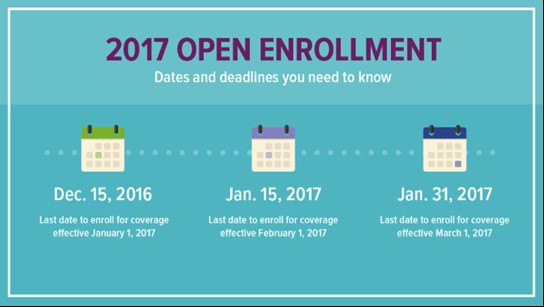It’s Spring Cleaning Time! Tips to Make Your Life Easier!
Although it may not feel like it outside, March 21 was the first day of Spring.
Spring is considered a time for new beginnings, cleaning and organization around the house.
If you’re ready to tackle that monumental chore, here are some great Spring Cleaning Tips:
Take it one room at a time. Deciding to clean or organize your entire home can quickly get overwhelming. If you focus on just one area or room, then move to another only when you’re finished, you’ll likely work more efficiently.
Follow the six-month rule. Generally, if you haven’t used something in six months (with the exception of seasonal items), it’s a good idea to consider throwing it away or donating it.
Don’t forget the kitchen. Just like other rooms, your kitchen likely has things that haven’t been used in some time — and this includes food in the refrigerator or freezer. Give those appliances a thorough cleaning and get rid of anything you won’t be eating.
Set yourself up for success. Paper clutter is something we all could probably cut back on pretty easily. Setting up a few recycling bins throughout the house gives you a convenient alternative to just setting that old magazine or paperwork down somewhere and watching the pile grow.
Make some money! Of course, the spring cleaning garage sale is a tradition for many homeowners, and can be a great way to bring in some extra income. Talk about a win-win situation — you get rid of stuff you don’t need, and someone pays you for it!
Stay safe. When you’re cleaning or maintaining your home, be mindful of the physical risks involved. Lift with your leg muscles, not your back. Avoid prolonged repetitive motions. Use ladders, lawnmowers and other dangerous tools with caution.
Contact Us! For further questions and assistance, please contact Kelly Burke Insurance at 708-444-0050 or kelly@kellyburkeinsurance.com

